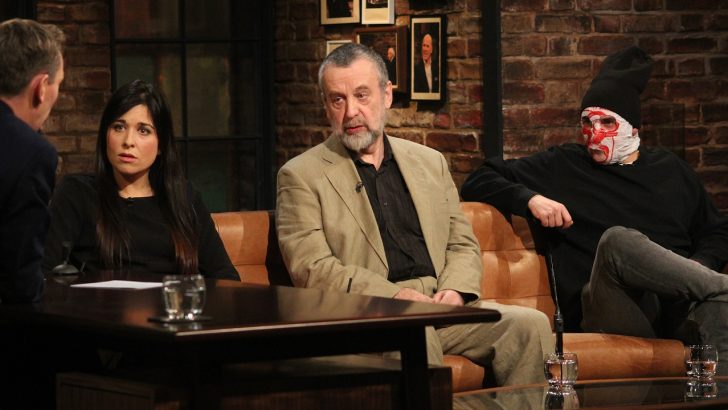“Much of what passes for debate about faith in Ireland is a mishmash of tired clichés and ignorant bombast”, writes Michael Kelly
In a recent perceptive letter Jesuit theologian Fr Gerry O’Hanlon took up the issue of the so-called ‘dialogue of the deaf’ between secularists and religious believers in Ireland. “At a time,” Fr O’Hanlon wrote, “when our society is crying out for a concerted approach to the deep problems of inequality and lack of meaning which surround us.”
His trigger was the somewhat dismissive review in The Irish Times by Donald Clarke of Martin Scorsese’s Silence. Mr Clarke concluded that while the film “may appeal to those for whom faith remains an everyday concern”, it struck him “as a rigorous and sincere interrogation of a spiritual dilemma I couldn’t care less about”.
But, quite apart from the film, Fr O’Hanlon goes on to diagnose a wider problem: “It is easy enough to surf a superficial wave of ‘negative tolerance’, according to which believers and non-believers agree to ‘live and let live’ without any serious engagement, and thus without any possibility of concerted action.
“It would surely be much more productive for the project of human flourishing in Ireland if we took an interest in exploring and appreciating one another’s beliefs and non-beliefs, not with a view to conversion but rather towards a more constructive synergy in addressing difficult issues,” he writes.
It’s hard to disagree. Much of what passes for debate about faith in Ireland is a mishmash of tired clichés and ignorant bombast. Take RTÉs The Late Late Show, for example.
Evidently producers decided it was a good idea to kick off the New Year by looking to the year ahead. Presenter Ryan Tubridy was joined by columnist Michael Harding, writer Stefanie Preissner and a curious man wearing a plastic bag over his head who I later discovered is a Limerick-based comedian who goes by the name ‘Blindboy Boatclub’.
Error
I have to admit, it wasn’t a promising start, but when the item was introduced as a chance to “philosophically reflect” on the year ahead, I decided to suspend my judgement. That turned out to be a schoolboy error.
We were subjected to observations from the man wearing the plastic bag on the recent feast of Christmas that most people who go to Midnight Mass are drunk and only do so because their grandmother forces them to do so.
The gentleman – remember wearing a plastic bag over his head on the most-watched programme on Irish television – went on to refer to the Eucharist as “haunted bread” (see Page 8). Cue an intervention from Ms Preissner where she goes on to outline her belief that Catholics partaking of the Eucharist are indulging in a form of cannibalism. It elicited the mildest chuckles from a section of the audience, who, to be honest, appeared bored out of their minds by what RTÉ chooses to serve up as primetime viewing on a Friday night. Presenter Ryan Tubridy professed himself to be fascinated by the reference to cannibalism, claiming it was a novel idea to him. Which is strange, given it was a protest against Christ’s teaching on the Eucharist almost from day one.
It wasn’t so much that the item was offensive (which it was), it was more than the entire item was a triumph of mediocrity and a celebration of ignorant smart-alecky comments pretending to be insight.
In other countries, it seems to me, mainstream television programmes are able to have sensible discussions about matters of faith. RTÉ’s religious department produces good programmes, and this deserved to be noted. But, the days when one could expect a searing discussion on faith are over.
For good or for ill, under veteran presenter Gay Byrne The Late Late Show became renowned for setting the national agenda. It’s not what it used to be – and the national dialogue is the worse off for it.


 Michael Kelly
Michael Kelly The Late Late Show with Ryan Tubridy and guests Michael Harding, Stefanie Preissner, and Limerick-based comedian "Blindboy Boatclub"
The Late Late Show with Ryan Tubridy and guests Michael Harding, Stefanie Preissner, and Limerick-based comedian "Blindboy Boatclub"